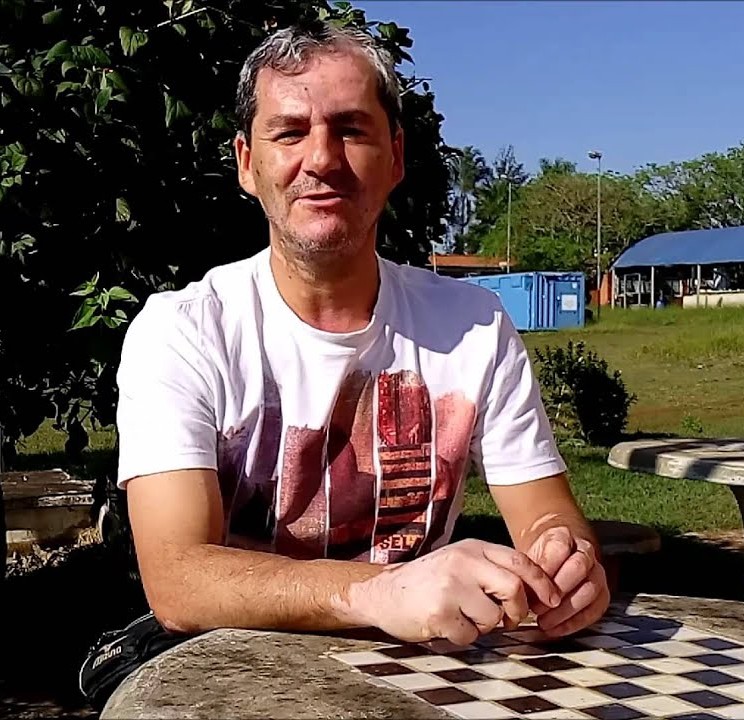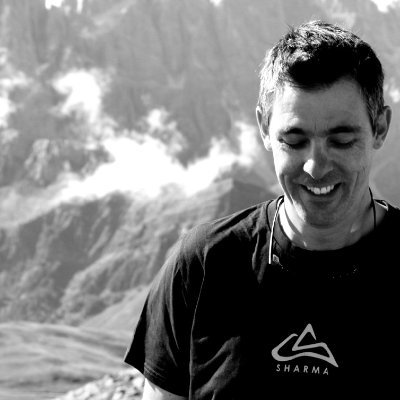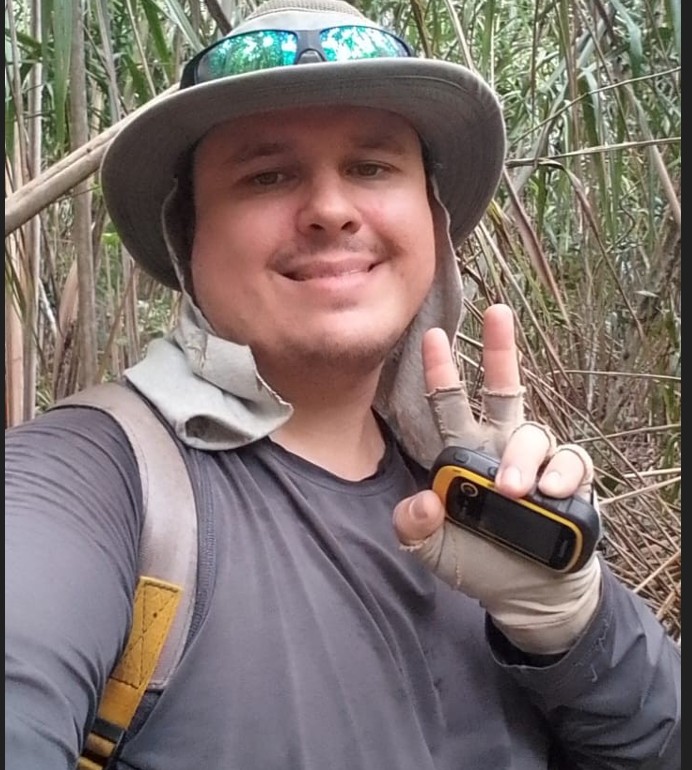Collaborators

Dr. Rosane Collevatti
She is an evolutionary geneticist and Full Professor at Universidade Federal de Goiás in Brazil and leader of Collevatti Lab. She has PhD in Ecology at University of Brasilia. Prof. Collevatti focuses her research on population genetics of Neotropical trees, with particular emphasis on geographical patterns in neutral, quantitative and adaptative variation in Cerrado tree species. Recent work also focuses on community phylogeny in the Neotropics.

Dr. Milton Cezar Ribeiro
He is Full Professor at Unesp/Rio Claro in Brazil and the leader of LEEC Lab (Laboratório de Ecologia Espacial e Conservação). He has a Master’s in Remote Sensing at INPE and PhD in Ecology at USP. He works with ecological and computational models, landscape ecology applied to conservation and restoration, and ecosystem services provision.

Dr. Duccio Rocchini
He is Full Professor at Alma Mater Studiorum University of Bologna. He attained his PhD in 2005, dealing with remote sensing applied to the study of plant communities. He collaborated with institutions such as U.S. Geological Survey, University of Nottingham, Ashoka Trust for Research in Ecology and the Environment, and University of California Los Angeles, before joining Fondazione Edmund Mach in Trento in 2009, promoting open source algorithms for computational, mathematical, spatial and theoretical ecology.

Dr. Mauricio Bacci Junior
He is Full Professor at Biosciences Institute, Unesp/Rio Claro in Brazil. He works with symbiosis and evolution, using leaf-cutter ants and microorganisms as study models, applying tools in genomics, systematics, phylogeny and molecular genetics.

Dr. Pavel Dodonov
He is a Full Professor at Institute of Biology at Universidade Federal da Bahia (UFBA), Brazil. He holds Master’s and PhD in Ecology and Natural Resources at Universidade Federal de São Carlos (UFSCar), São Paulo in Brazil. His research focuses on applied ecology for conservation, fire ecology, edge effects, habitat loss and fragmentation, invasive species, pollution, and basic ecology, with an emphasis on natural history and spatial patterns.